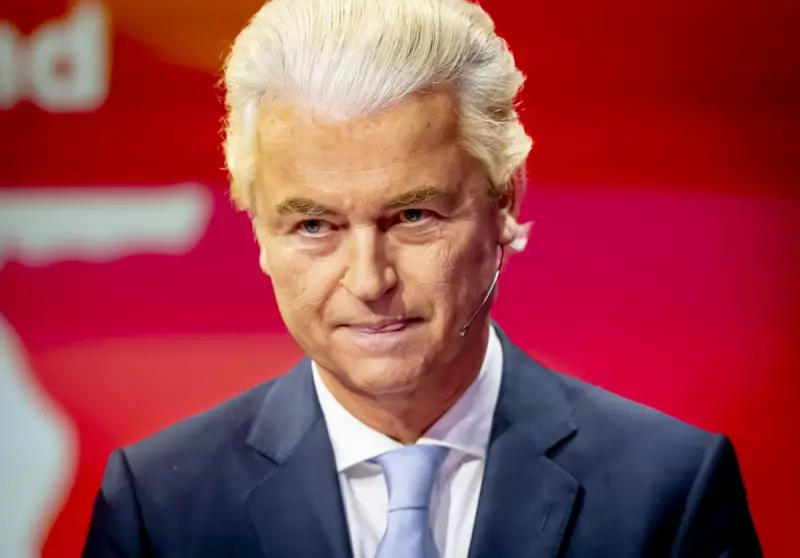
The political landscape of the Netherlands has been fundamentally reshaped, as firebrand populist Geert Wilders and his Party for Freedom (PVV) have secured a stunning election victory that has sent shockwaves throughout Europe.
A Political Revolution in the Heart of Europe
Wilders, once considered a fringe figure in Dutch politics, has achieved what many thought impossible. His anti-immigration, anti-EU platform has resonated powerfully with Dutch voters, propelling him to a position where he could potentially form the next government.
The victory represents more than just a change in leadership—it signals a profound shift in the Netherlands' political identity. A nation long regarded as a bastion of European liberalism has now embraced one of the continent's most controversial right-wing figures.
The Man Behind the Movement
Geert Wilders is no ordinary politician. For years, he has lived under constant security protection due to death threats stemming from his inflammatory rhetoric about Islam and immigration. His distinctive platinum-blond hairstyle has become synonymous with his uncompromising political stance.
What makes this victory particularly remarkable is Wilders' ability to transition from political outsider to potential prime minister. His campaign successfully tapped into widespread discontent about immigration, cost of living pressures, and dissatisfaction with the political establishment.
Europe Holds Its Breath
The implications of this election result extend far beyond Dutch borders. European capitals are watching with growing anxiety as another EU member state appears to be embracing hard-right politics.
This development threatens to disrupt the European Union's fragile unity on critical issues including migration policy, climate action, and support for Ukraine. The Netherlands, traditionally a reliable partner in the European project, may now become a source of significant tension.
What Comes Next?
While Wilders has emerged as the clear winner, the path to forming a government remains complex. The Dutch political system typically requires coalition-building, which could force Wilders to moderate some of his more extreme positions.
However, the mere fact that he is in a position to lead negotiations represents a watershed moment for Dutch democracy. The country that gave the world the term "Dutch tolerance" appears to be redefining what that means in the 21st century.
As Europe grapples with this new political reality, one thing is certain: the Netherlands will never be quite the same again, and neither will the European political landscape it helped to shape.





